War and Art — Reflections on the Odesa International Film Festival
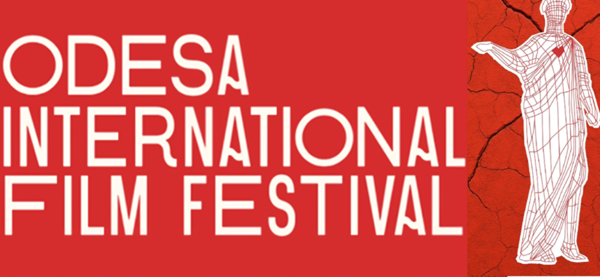
[아츠앤컬쳐] 2025년 여름, 우리는 익숙한 일상의 흐름 속에서 더운 공기를 견디며 하루를 보낸다. 하지만 같은 시간 우크라이나에서는 전쟁으로 인해 오랫동안 끊이지 않는 긴장이 계속되고 있다. 현실의 체감 온도는 다르지만, 그곳 사람들과 이야기를 나눌 때면 우리의 평온한 현실을 뚫고 가슴으로 아픈 울림이 전달되곤 한다. 그러한 가운데 가끔씩 전달되는 뉴스와 소식들을 접하며 이런 질문이 떠오르게 된다. “전쟁이라는 극단의 상황 속에서 문화와 예술은 과연 어떤 역할을 할 수 있을까?”
오데사 국제영화제는 그 질문에 대한 구체적인 사례로 자주 거론된다. 2010년에 시작된 이 영화제는 유럽의 젊은 감독들이 참여하는 중요한 영화 축제로서 국제경쟁 부문 뿐 아니라 우크라이나 내셔널 부문, 독립 다큐멘터리 섹션 등 다양한 프로그램으로 구성되어 있다. 한 야외 상영과 감독·관객 참여 포럼은 이 영화제를 단순한 상영회가 아닌 ‘문화 교류의 장’으로 만들어 왔으며, 이러한 이유로 사람들은 오데사 국제영화제를 이른바 “흑해의 칸영화제”라고 부른다.
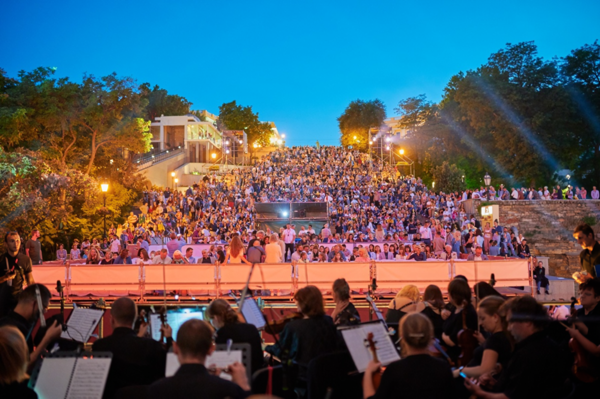
그러나 전쟁이 시작된 이후 이 영화제마저 한동안 중단될 수밖에 없었다. 대신 2023년부터는 온라인 플랫폼과 지하 방공호를 활용한 임시 상영 방식으로 조심스럽게 재개되었다. 화려한 레드카펫은 더 이상 존재하지 않았지만, 관객들이 작은 공간에 모여 영화를 함께 보고 이야기를 나누는 장면은 오히려 더욱 선명한 의미와 메시지를 갖게 되었다. 올해는 “우리는 현실을 기록하기 위해 영화를 만든다”라는 슬로건으로 영화제를 개막했고, 실제 전장의 기록을 다룬 다큐멘터리들이 공식 프로그램의 중심을 차지하게 되었다.
주목할 만한 점은 영화제가 단순히 축제를 “계속했다”는 사실에서 끝나지 않는다는 점이다. 전쟁을 다룬 영화들이 상영된 이후에는 감독과 관객이 직접 의견을 나누는 포럼이 이어졌고, 그 자리에서는 “예술이 무엇을 할 수 있는가”에 대한 토론이 이어졌다. 또한 유럽 영화인들이 온라인 상영에 연대 참여하면서 문화가 국경을 넘어 서로의 삶을 지켜보게 해주는 언어라는 점도 다시 확인되었다. 영화는 일상의 리듬이 끊긴 사람들을 다시 연결하는 매개체로 작동한 것이다
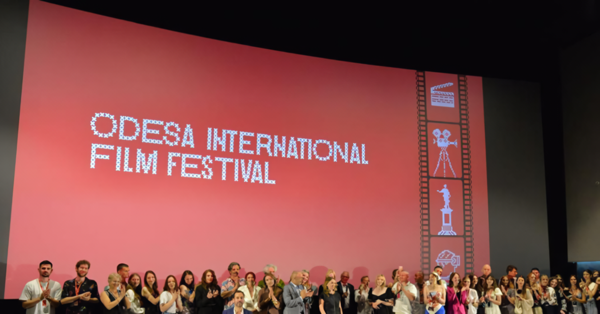
결국 문화와 예술은 전쟁을 단번에 끝내거나, 누군가를 설득하는 직접적인 수단은 아닐 것이다. 하지만 끊어진 관계를 잇고, 서로를 잊지 않도록 돕는 역할은 분명히 하는 것 같다. 오데사 국제영화제가 전쟁 속에서도 계속되고 있는 이유는 바로 여기에 있을 것이다.
언젠가 흑해의 여름 바람이 영화제의 풍경 속으로 완전히 돌아올 그날을 기대하며, 2025년 올해도 그들은 조용히 스크린을 켠다. 그리고 우리는 자연스럽게 그 장면을 떠올린다. 이처럼 불확실하고 불안정한 시간 속에서도 누군가는 여전히 영화를 만들고, 또 누군가는 그것을 함께 바라보고 있다. 이는 단순히 ‘행사가 계속되고 있다’는 사실을 넘어, 지금 이 순간에도 사람들의 삶과 연결이 지속되고 있다는 조용하고 분명한 증거일 것이다.
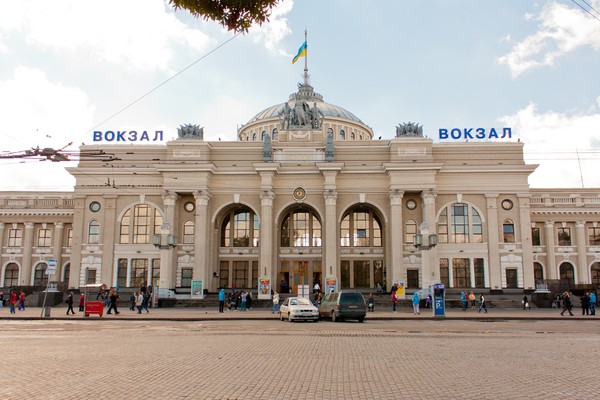
War and Art — Reflections on the Odesa International Film Festival
In the summer of 2025, we move through our familiar routines, quietly enduring the heat of another ordinary day. At the same time, in Ukraine, the war continues and a tension that has lasted far too long remains part of daily life. We may experience different realities, but when we speak to people living there, their voices often break through our comfortable surroundings and reach us with a kind of painful clarity. With every news report and story that reaches us, one question naturally comes to mind: What role can culture and art play in the midst of an extreme situation like war?
The Odesa International Film Festival is often mentioned as a concrete example of this question. Established in 2010, it has grown into an important platform for young European filmmakers. It includes not only an international competition section, but also a Ukrainian national section and an independent documentary section. Outdoor screenings held in the heart of the city and open conversations between directors and audiences have made this festival not just a screening event but a space for cultural exchange. For this reason, many people refer to it as the “Cannes of the Black Sea.”
The war, however, forced the festival to pause. But in 2023 it returned—this time through online platforms and improvised screenings in underground shelters. The red carpet disappeared, yet people still gathered in small spaces to watch films and share their thoughts, creating a new and perhaps even clearer meaning for the festival. This year, the event opened with the statement: “We make films to document reality,” and documentary works that capture the experience of the battlefield became central to its program.
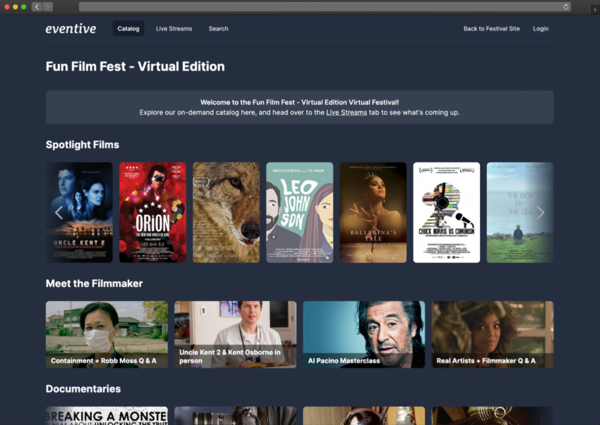
What is noteworthy is that the value of the festival does not lie simply in the fact that it continues to exist. After the screenings, directors and audiences took part in open discussions, asking what art can actually do under such circumstances. European filmmakers also joined via online screenings in a show of solidarity, once again confirming that culture can serve as a language that helps us pay attention to one another’s lives. In this way, film acts as a tool that reconnects people whose normal rhythms of life have been broken.
Of course, culture and art do not immediately end a war, nor do they directly persuade anyone. But they do help restore lost connections and prevent us from forgetting one another. That may be the fundamental reason why the Odesa International Film Festival continues even in the midst of war.
Someday, the summer breeze of the Black Sea may once again return fully to the festival’s scenery.
In 2025, they still quietly turn on the screen. And it reminds us of something important: Even in uncertain and fragile times, someone continues to make films—and someone else chooses to watch them. That simple act is more than evidence that a festival is still running; it is a quiet but clear sign that human life and connection still endure.

글 ㅣ 박수희
(주)구라파랩 대표
해외브랜드 전시 플랫폼 및 마케팅 컨설팅
해외브랜드 B2B & B2C 전문

